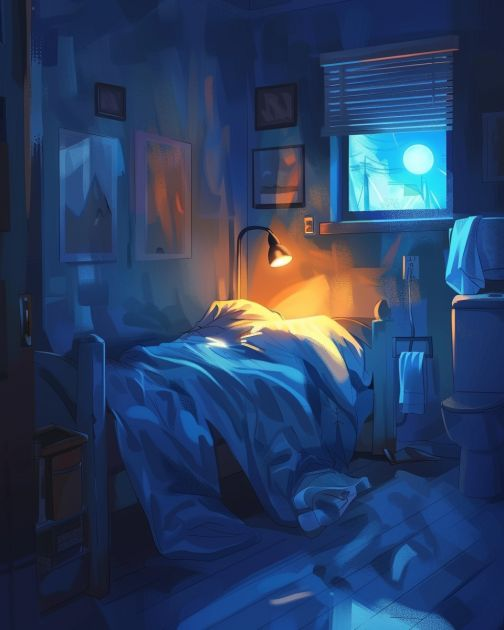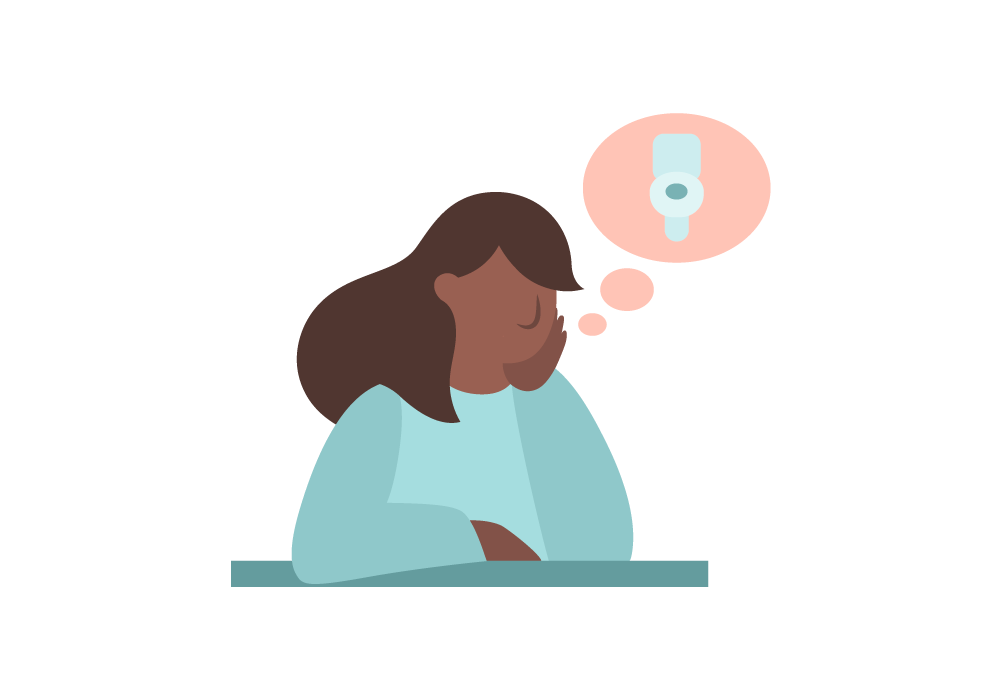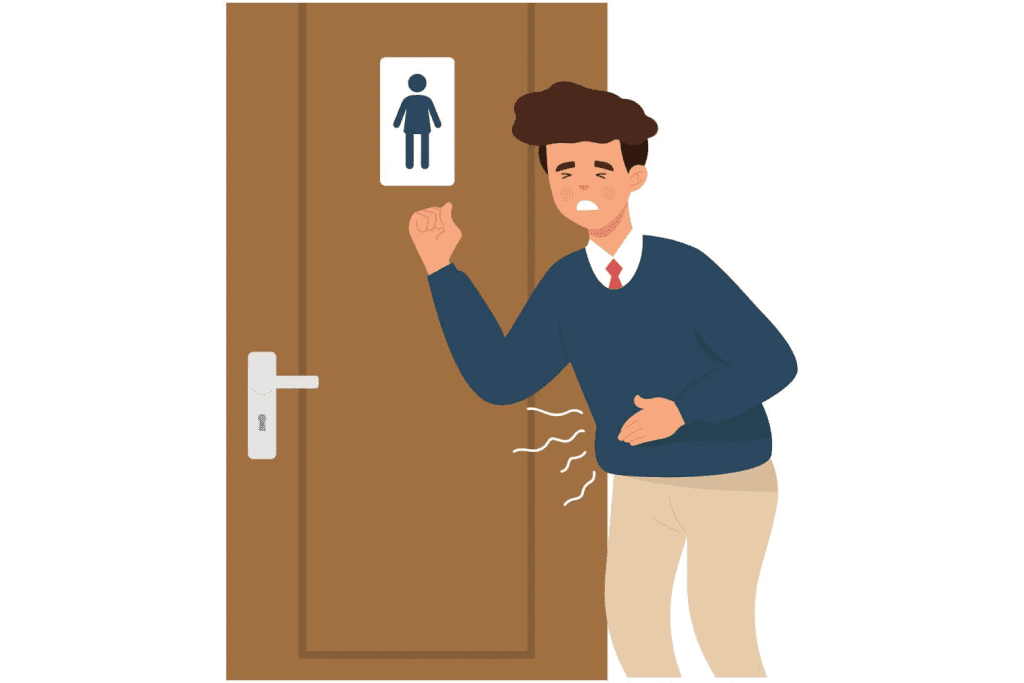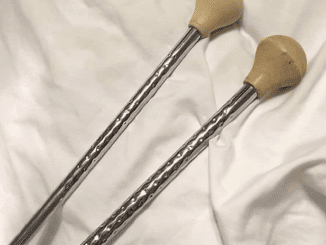We’ve all been there – waking up in the middle of the night because your partner’s constant trips to the bathroom are disturbing your peaceful slumber. If your husband seems to be getting up frequently during the night to pee, you might start wondering, is this normal? Or is there something more going on?
The truth is, frequent urination at night, medically known as nocturia, can be more than just a nuisance. It can indicate underlying health concerns, or it might simply be a sign of lifestyle factors that need tweaking. Let’s dive into what’s considered normal, potential causes of excessive nighttime urination, and when it’s time to call a doctor.

What’s Considered a Normal Frequency for Nighttime Urination?
Everyone is different, but there are general guidelines for what’s considered “normal” when it comes to nighttime urination. Here’s the lowdown:
- Adults Under 65: It’s common to get up once per night to urinate. Anything more than that may be worth paying attention to.
- Adults Over 65: As we age, our bodies produce less of a hormone that helps retain water. This means it’s normal for older adults to get up once or twice per night to use the bathroom.
If your husband is getting up more frequently than this, it might be time to dig deeper into the cause. Let’s explore some of the reasons behind frequent nighttime trips to the bathroom.
Common Factors Affecting Nighttime Urination
Several factors can impact how often your husband needs to get up at night to pee. Some are lifestyle-related, while others could point to potential health conditions.
1. Age and Hormonal Changes
As mentioned earlier, age plays a big role in nighttime urination. The older we get, the less of the hormone vasopressin our bodies produce. This hormone helps reduce the production of urine at night. When there’s less vasopressin, the kidneys continue to produce urine even while sleeping, leading to increased nocturnal trips to the bathroom.
2. Fluid Intake
Your husband’s habits around bedtime might be a culprit here. Drinking large amounts of fluids, especially caffeinated or alcoholic drinks, can lead to more frequent urination during the night. Caffeine and alcohol are diuretics, meaning they make you pee more often. If your hubby is sipping on tea, coffee, or a glass of wine before bed, it’s no surprise he’s making multiple trips to the bathroom.
3. Medications
Certain medications, particularly diuretics (often prescribed for high blood pressure), increase urination. If your husband is on any medications, check the labels or consult a doctor to see if this might be the root cause.
4. Health Conditions

Sometimes, frequent nighttime urination can be a symptom of an underlying health issue. Here are a few conditions that could be causing the problem:
- Diabetes: High blood sugar levels can lead to increased urination as the body tries to get rid of excess glucose.
- Urinary Tract Infections (UTIs): Frequent urination, often accompanied by discomfort, is a common symptom of UTIs.
- Bladder Disorders: Conditions like overactive bladder can make it hard to hold urine, leading to frequent trips to the bathroom.
If any of these conditions sound familiar, it might be time for your husband to consult a healthcare professional.
When Should You Be Concerned About Frequent Nighttime Urination?
While one or two bathroom breaks during the night might be manageable, excessive urination can disrupt your husband’s sleep – and yours! But when does it cross the line from annoying to concerning? Here are a few signs it’s time to see a doctor.
1. Persistent Discomfort
If your husband experiences any pain, burning, or discomfort while urinating, especially during the night, it could indicate an infection or other health issue that needs medical attention.
2. Sudden Changes
Has your husband always had a relatively normal bathroom routine but suddenly started getting up three or more times per night? Sudden changes like this shouldn’t be ignored. They can be a sign of developing conditions such as diabetes or prostate problems.

3. Impact on Daily Life
Lack of quality sleep can take a toll on your husband’s (and your) overall well-being. If frequent urination is causing sleep deprivation, mood swings, or affecting daytime energy levels, it’s important to address the issue. A healthcare provider can help identify the cause and suggest solutions to improve sleep quality.
How to Manage Frequent Nighttime Urination
Before jumping to conclusions, there are a few steps your husband can take to reduce those nightly trips to the bathroom.
1. Monitor Fluid Intake
Encourage your husband to limit his fluid intake, especially caffeine and alcohol, a few hours before bed. Staying hydrated during the day is important, but cutting back in the evening might help reduce nocturia.
2. Create a Relaxing Pre-Sleep Routine
Stress and anxiety can contribute to frequent urination. Encourage your husband to establish a calming bedtime routine – think meditation, reading, or gentle stretching. A peaceful mind often leads to a peaceful bladder!
3. Talk to a Doctor About Medications

If medications are the cause, your husband’s doctor might be able to adjust his dosage or suggest alternatives that won’t impact nighttime urination as much.
4. Keep a Bladder Diary
This might sound excessive, but tracking the frequency and volume of urination can be a helpful tool when consulting with a doctor. By noting when and how often your husband goes to the bathroom, along with fluid intake and any other symptoms, a clearer picture can emerge of what’s causing the issue.
Conclusion: Understanding the Balance Between Normal and Excessive Nighttime Urination
Frequent nighttime urination can feel like a never-ending cycle, disrupting sleep and leading to frustrations for both you and your husband. However, it’s not always a sign of something serious. It’s important to take stock of his habits, health, and any underlying conditions to determine if the frequency falls within a normal range or requires medical attention.
By understanding what’s considered normal and knowing when to see a doctor, your husband can take steps to improve his nighttime bathroom habits. With some lifestyle changes and the right medical guidance, you both can enjoy more restful nights and better overall health.


